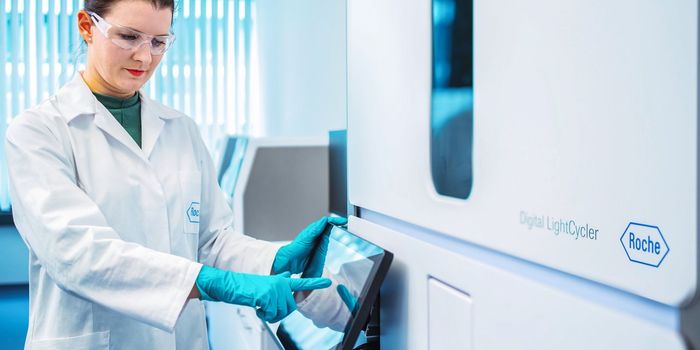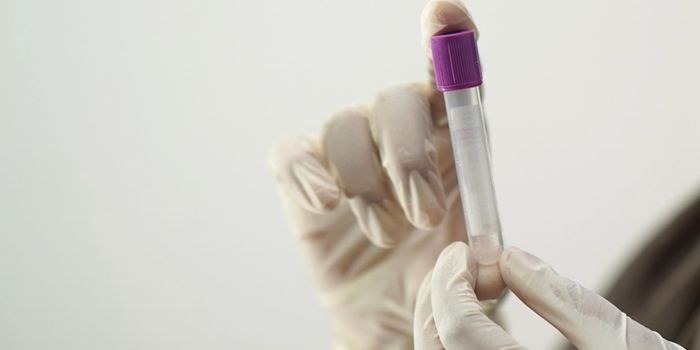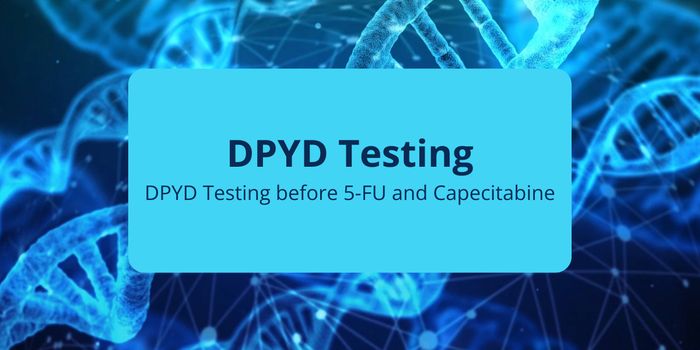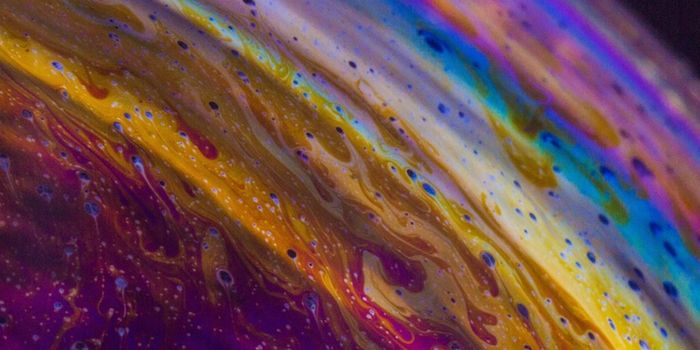Is a Bacterial Toxin to Blame for Increased Early-Onset Colorectal Cancer Rates?
At one time, colorectal disease was considered to be a disorder of older adults. But the demographics of patients have changed significantly in recent years, and colorectal cancer rates are rising among younger people in 27 countries or more. It could become the leading cause of cancer-related death in young adults by 2030 if these trends continue. Scientists have not known why this is happening, but a new study has found a potential explanation. This work, which was reported in Nature, may one day help reduce colorectal cancer rates.
The research has suggested that a bacterial toxin called colibactin may be to blame. The gut is home to a huge community of harmless and even helpful microbes, but not all of them are good for us. Some strains of Escherichia coli that are found in the gut can generate colibactin. This toxin can change DNA, and create mutations. This study has shown that when people are exposed to colibactin in early childhood, it could alter the genomes of colon cells. These changes may increase the risk of colorectal cancer before age 50.
In this work, the investigators analyzed genetic data from almost 1,000 patients with early- and late-onset colorectal cancer. This work showed that colibactin exposure can generate mutations in DNA, and in early-onset colorectal cancer patients, specific mutational patterns were shown to increase disease risk by 3.3 times in people under age 40 compared to people over age 70.
"These mutation patterns are a kind of historical record in the genome, and they point to early-life exposure to colibactin as a driving force behind early-onset disease," said senior study author Ludmil Alexandrov, a professor at University of California San Diego, among other appointments.
Previous research has found colibactin-related genetic mutations in colorectal cancer patient tissue. But this research has specifically shown that colibactin could be causing mutations that are linked to early-onset colorectal cancer.
Colibactin seems to trigger mutations that can promote cancer development; these mutations are known as APC driver mutations. These mutations also appear when the tumor starts to develop, and they seem to have happened within the first decade of life.
"If someone acquires one of these driver mutations by the time they're ten years old, they could be decades ahead of schedule for developing colorectal cancer, getting it at age 40 instead of 60," Alexandrov explained.
Scientists still need to determine how exactly these children are getting exposed to colibactin, or how they may start to harbor the microbes that generate it.
This research also needs to be confirmed with additional evidence, and to look for the source of the colibactin or the E. coli that makes it. Additional work may also identify colibactin as a definitive cause of the observed increase in early-onset colorectal cancer, or probiotic or dietary modifications that could prevent it.
The researchers are also searching for other things that could increase cancer risk, but have not yet been identified, and mutational patterns are helping them uncover these harmful things.
"Not every environmental factor or behavior we study leaves a mark on our genome," said Alexandrov. "But we've found that colibactin is one of those that can. In this case, its genetic imprint appears to be strongly associated with colorectal cancers in young adults.
Sources: University of California - San Diego, Nature









